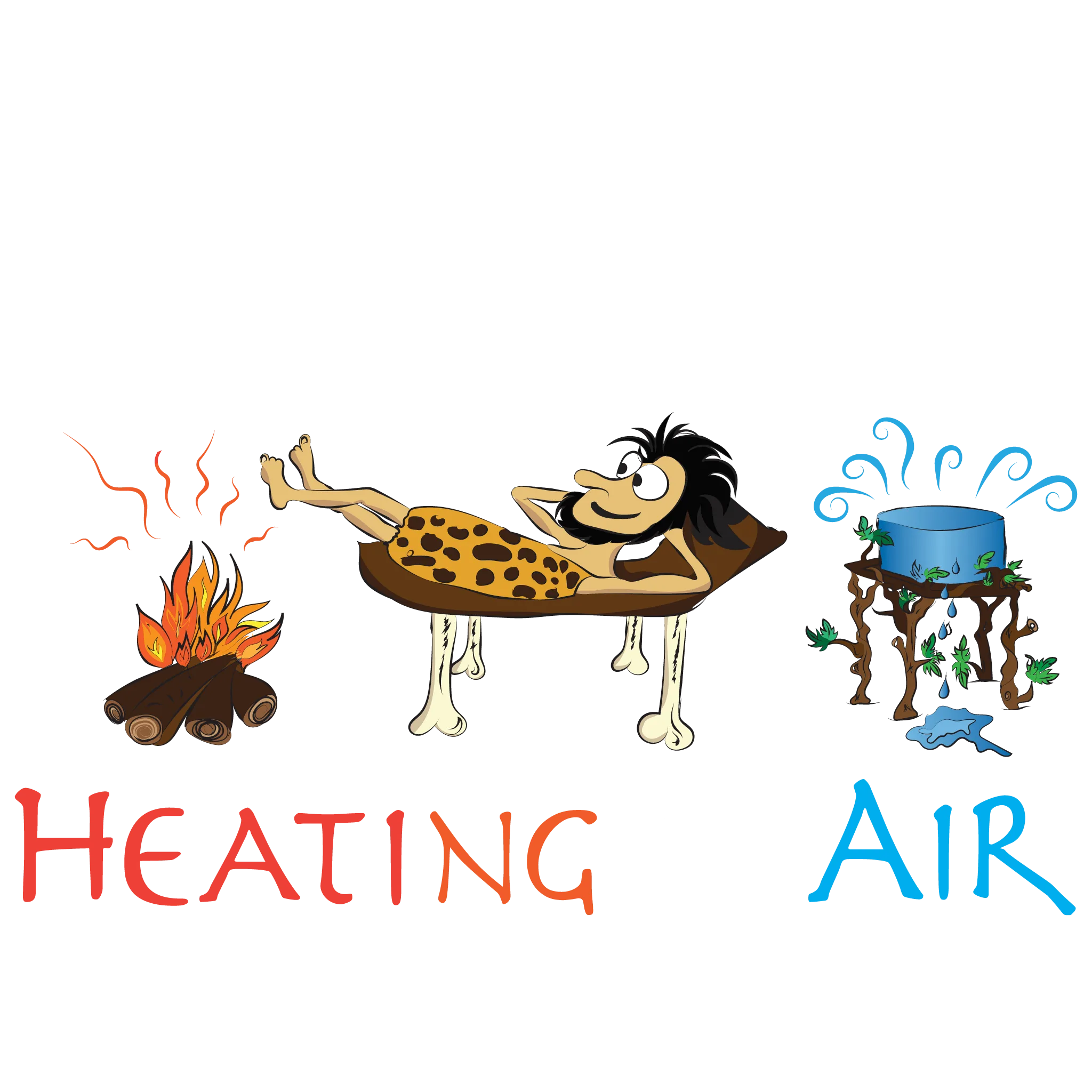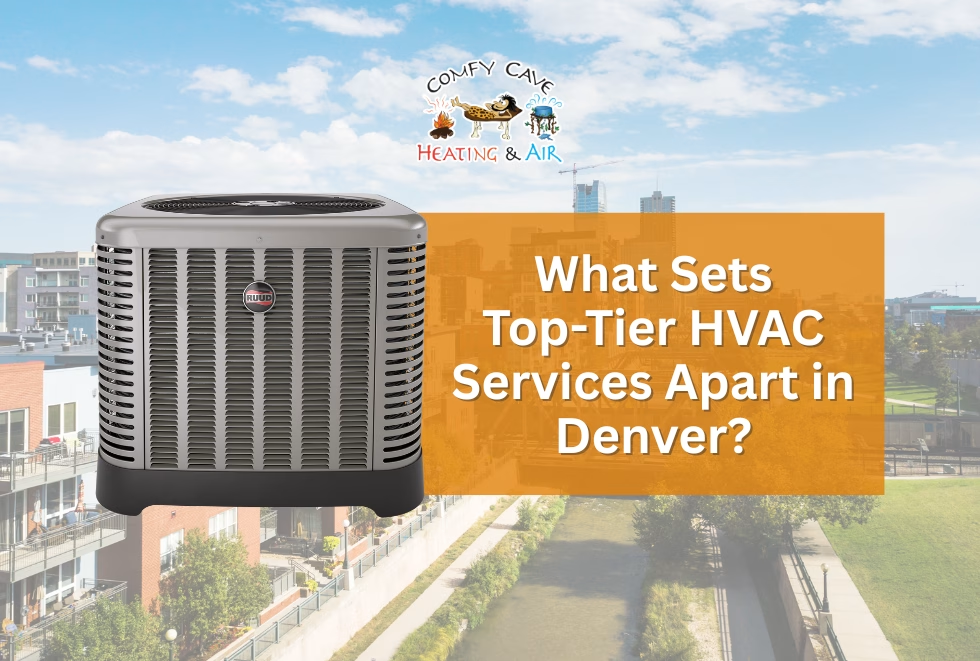Feeling uncomfortable or seeing your energy bills skyrocket in Denver’s wild weather? The best HVAC services in Denver blend certified know-how, quick emergency help, straightforward pricing, energy-saving solutions, and local insights into one smooth experience. This guide dives into five key areas of outstanding HVAC service: expert technicians, dependable emergency support, clear pricing and warranties, cutting-edge efficiency and indoor air quality, plus community trust signals—so you’ll see exactly why ComfyCave is the clear choice.
ComfyCave – Premier HVAC Services in Denveroffers a full spectrum of heating, ventilation, and air conditioning solutions crafted for Colorado’s unique climate.
1. Certified Technicians: The Foundation of Top-Tier HVAC Performance

Why Are Certified Technicians a Must for Denver’s Best HVAC Services?
Certified technicians are the benchmark for HVAC excellence, ensuring every installation and repair adheres to industry best practices for safety, efficiency, and longevity. Their specialized credentials mean correctly sized systems, installations that meet all codes, and precise diagnostics, all of which prevent costly callbacks and safety risks.
What Is NATE Certification and Why Does It Matter?
NATE certification establishes rigorous competency standards through hands-on tests and ongoing training, confirming technicians grasp complex refrigerant cycles, electrical safety, and advanced controls. This credential guarantees every service meets or surpasses manufacturer specifications and Denver’s building codes, leading to fewer system breakdowns and greater homeowner confidence.
A deep understanding of airflow balance and refrigerant charge comes directly from North American Technician Excellence protocols, connecting technical skill to real-world performance gains.
NATE Certification
NATE (North American Technician Excellence) is a non-profit organization that certifies HVAC technicians through demanding testing, ensuring they have the knowledge and skills to handle HVAC tasks effectively. NATE certification is widely recognized across the HVAC industry.
This reinforces the article’s focus on the importance of certified technicians for high-quality HVAC services.
How Does Ongoing Training Elevate HVAC Service Quality?
- Continuous workshops and courses sponsored by manufacturers keep technicians up-to-date on variable-speed compressors, smart thermostats, and new refrigerants.
- Hands-on practice sessions hone skills in leak detection and refrigerant recovery.
Updates from manufacturers on energy-efficient equipment ensure optimal SEER and COP ratings. - Safety refreshers cover essential procedures like electrical lock-out/tag-out and carbon monoxide testing.
- These training areas lead to quicker, more accurate repairs and installations, reducing callbacks and extending system life.
Which Advanced Diagnostic Tools Ensure Accurate HVAC Repairs?
Our technicians use these precision instruments to quickly pinpoint issues:
| Tool | Function | Benefit |
| Thermal Imager | Shows heat loss and duct leaks | Finds insulation gaps and airflow obstructio |
| Digital Manifold Gauge | Measures pressure and refrigerant charge | Ensures perfect refrigerant levels for peak efficiency |
| Combustion Analyzer | Tests furnace combustion and CO levels | Confirms safe operation and lowers carbon monoxide risks |
By using these tools, ComfyCavetechnicians fix problems right the first time, minimizing downtime and boosting system dependability.
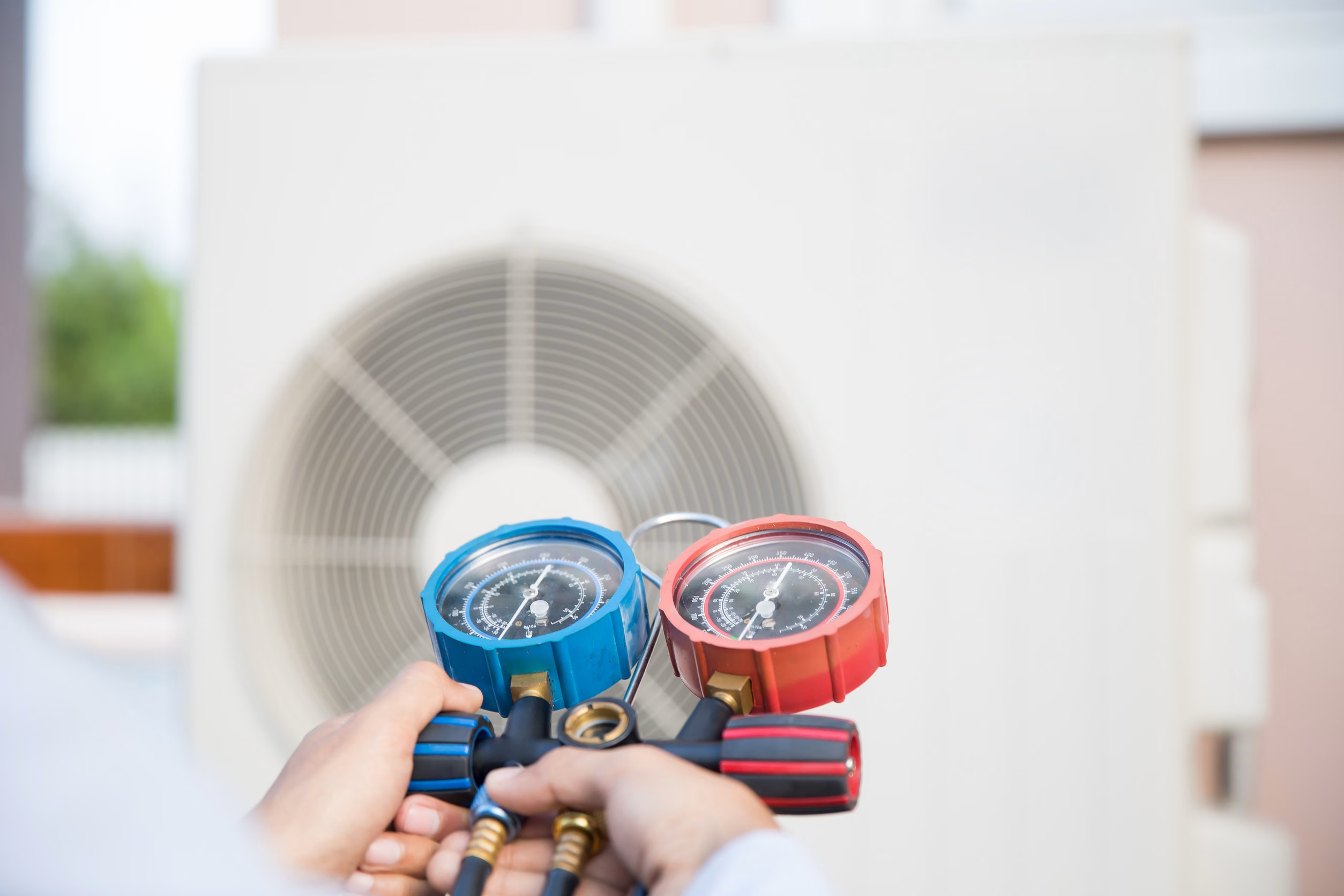
2. Emergency HVAC Services: Fast, Reliable Support When It Matters Most
How Do Reliable Emergency HVAC Services Boost Customer Satisfaction in Denver?
Emergency HVAC support offers swift relief during Denver’s sweltering summer days or frigid winter nights, preventing extreme indoor discomfort and potential health hazards. Our 24/7 availability and proven response plans ensure systems are running again quickly, protecting families and businesses from drastic temperature shifts.
What Are the Perks of 24/7 Emergency HVAC Support?
- Constant emergency coverage means homeowners never have to wait for business hours for critical repairs.
- Immediate dispatch protocols get a technician to you within hours, not days.
- Access to our essential parts inventory cuts down on-site waiting times.
- Remote troubleshooting allows for initial diagnostics to speed up field repairs.
These advantages lead to less downtime, maintained indoor comfort, and greater peace of mind for homeowners.
24/7 Emergency HVAC Services in Denver
Many HVAC companies in Denver provide 24/7 emergency services to handle urgent heating and cooling needs, ensuring a fast response and minimizing downtime for homes and businesses.
This underscores the value of dependable emergency support, as highlighted in the article.
How Does a High First-Time Fix Rate Impact Service Reliability?
A strong first-time fix rate means most issues are resolved on the initial visit, eliminating repeat service calls and extra labor charges. ComfyCave’s diagnostic approach and fully stocked vans aim for a first-time fix rate exceeding 90 percent, ensuring systems operate reliably after every appointment.
Why Is Quick Response Crucial in Denver’s Climate?
Denver’s altitude and dry air put extra strain on compressors and coils, turning small issues into major problems within hours. Fast response times prevent refrigerant leaks from freezing coils or overworking compressors, protecting both equipment longevity and indoor air quality.
3. Transparent Pricing and Warranties: Building Trust Through Honesty
What Transparent Pricing and Warranty Practices Build Trust with Denver HVAC Customers?
Transparent pricing means no billing surprises because labor, parts, and service fees are itemized upfront, while strong warranties guarantee quality work and reliable components. This openness builds trust, encourages positive feedback, and creates lasting customer relationships.
How Does Clear, Upfront Pricing Prevent Surprises?
We provide detailed, written estimates that break down equipment costs, installation labor, and permit fees, so homeowners know exactly what they’re paying for before any work begins. Flat-rate diagnostics and capped diagnostic fees further ensure no unexpected charges appear on the final bill.
What Types of Warranties and Guarantees Should Customers Expect?
| Warranty Type | Standard Coverage | ComfyCave Advantage |
| Parts | Manufacturer parts guarantee (5–10 years) | Extended parts coverage up to 12 years |
| Labor | Typically 1 year | 2 years on labor when you enroll in a service plan |
| Satisfaction | Rarely offered | 100 percent satisfaction guarantee or we’ll redo the work at no charge |
ComfyCave’s extended terms and satisfaction promise offer balanced protection for both parts and labor, demonstrating our commitment to lasting performance.
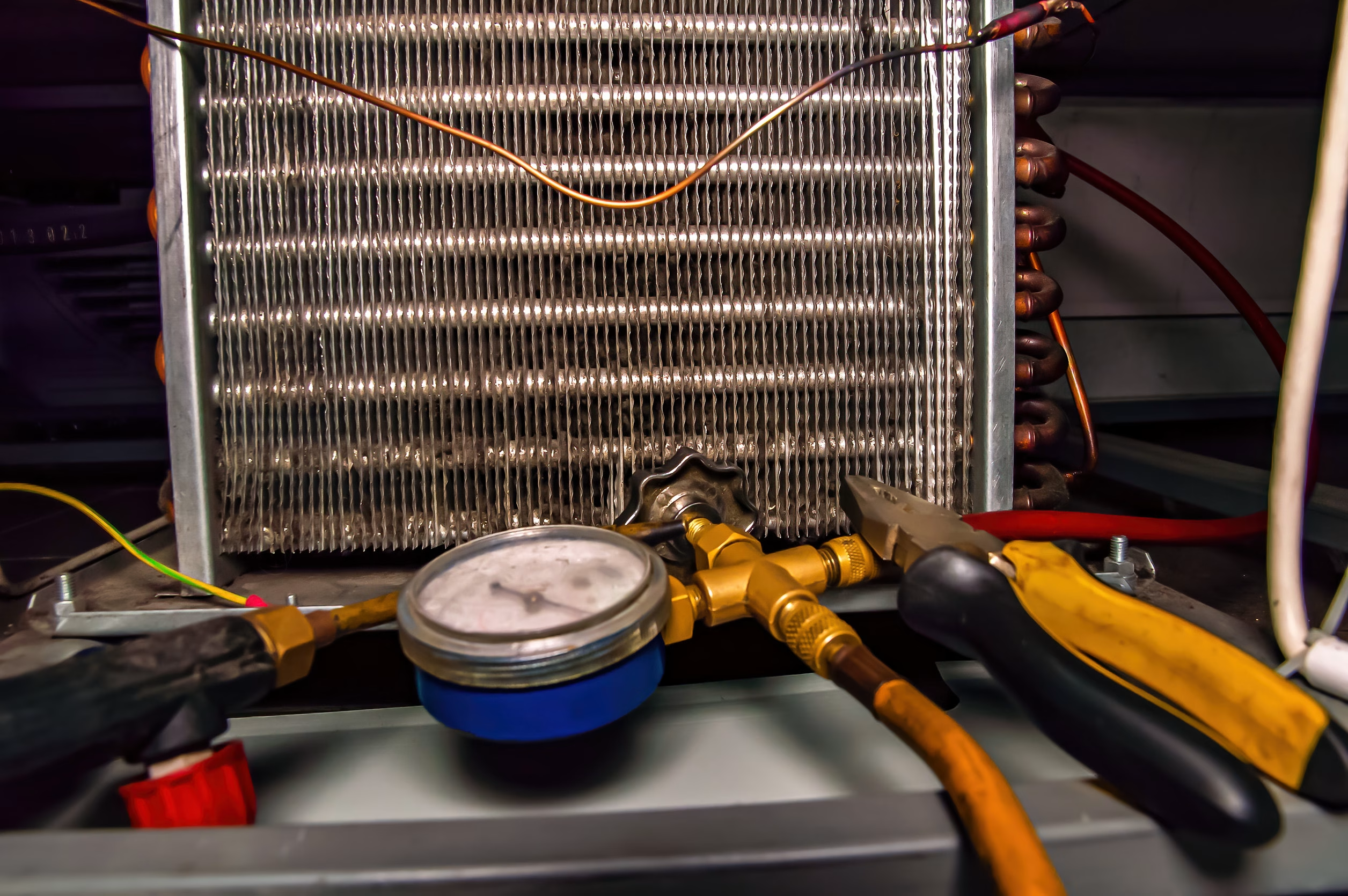
How Do Transparent Practices Influence Customer Reviews and Trust?
Open estimates and solid guarantees lead to higher customer satisfaction, glowing online reviews, and strong referral rates. When homeowners see detailed cost breakdowns and confident warranty terms, they feel valued and secure, which directly boosts Net Promoter Scores and repeat business.
4. Efficiency & Air Quality: Modern HVAC Solutions for Denver Homes
Which Advanced HVAC Solutions Deliver Energy Efficiency and Indoor Air Quality in Denver Homes?
Modern HVAC systems balance comfort and operating costs by optimizing energy use while filtering out allergens and pollutants common in Colorado’s high-altitude environment. Combining high-efficiency equipment with targeted IAQ solutions creates healthier, more affordable living spaces.
How Do High-Efficiency HVAC Systems Save Energy and Reduce Costs?
High-efficiency air conditioners and furnaces achieve better SEER and COP ratings by using variable-speed compressors, two-stage burners, and smart controls that adjust output based on real-time needs. These systems:
- Cut energy use by up to 30 percent compared to standard units.
- Maintain steady temperatures, avoiding wasteful on-off cycles.
- Integrate with smart thermostats for predictive load management and peak-hour scheduling.
Long-term savings often cover the initial investment within three to five years through lower utility bills and potential rebate opportunities.
Energy-Efficient Heating and Cooling Solutions in Denver
Denver homeowners are increasingly looking for energy-efficient HVAC options, like heat pumps and high-efficiency furnaces, to lower energy use, reduce costs, and lessen their environmental footprint.
What Are the Advantages of Heat Pump Installation in Denver?
Heat pumps efficiently use the ambient outdoor air to both heat and cool, offering:
- Up to 75 percent less electricity use for heating compared to electric resistance systems.
- Reversible operation for year-round comfort without needing separate furnace and AC units.
- Eligibility for local utility rebates that lower upfront expenses.
Their dual functionality and eco-friendly refrigerants align with Denver’s sustainability goals, reducing greenhouse gas emissions while improving home comfort.
How Can Indoor Air Quality Solutions Improve Health in Denver’s Environment?
Denver residents deal with dry winter air, wildfire smoke, and high pollen counts, making specific IAQ solutions essential. Effective strategies include:
- High-efficiency particulate air (HEPA) purifiers to capture smoke and allergens.
- Whole-home humidifiers to maintain ideal winter humidity levels (35–45 percent).
- Duct cleaning and sanitization to remove accumulated dust and microbial contaminants.
These solutions reduce respiratory irritants, help with allergy symptoms, and maintain indoor comfort all year long.
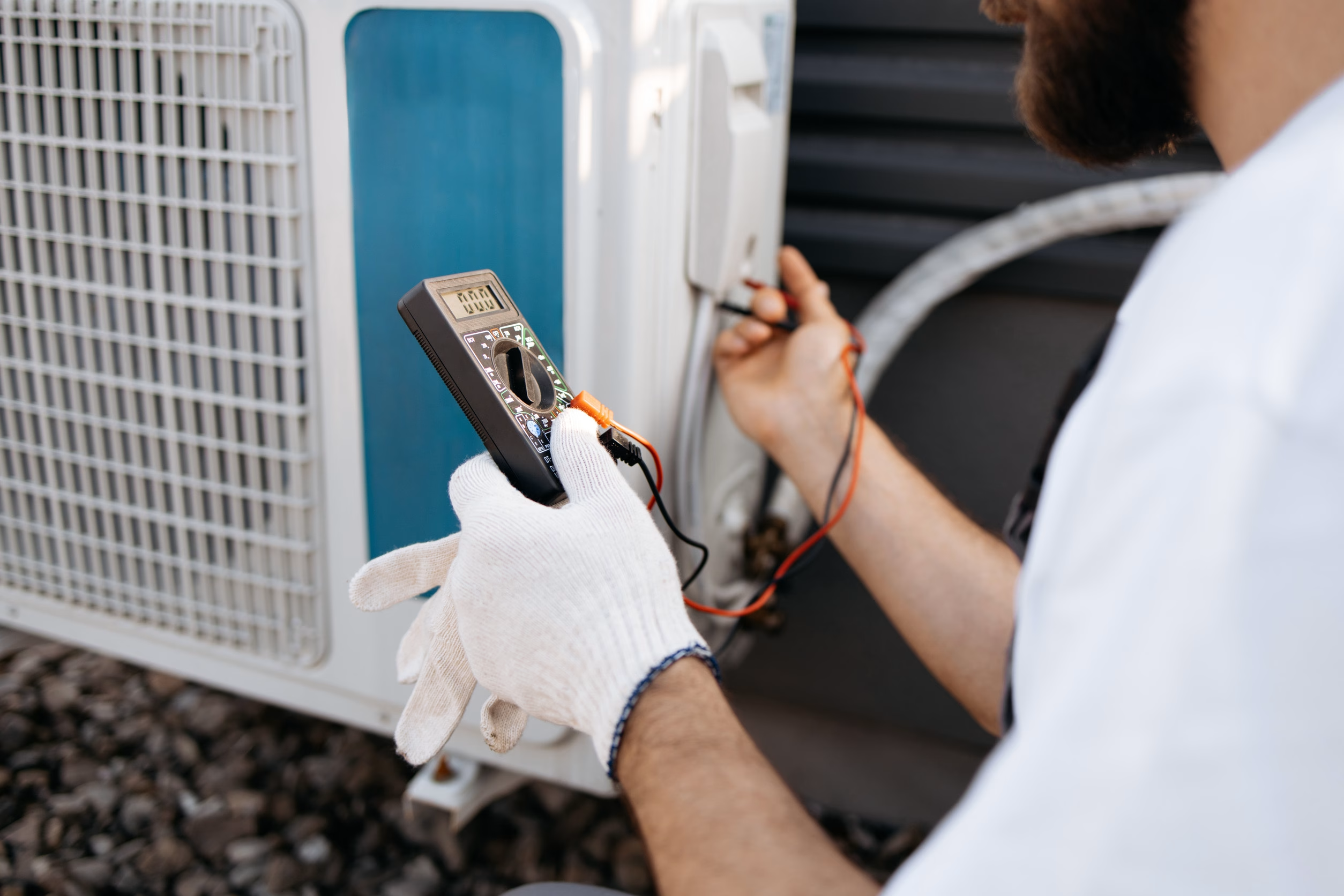
5. Local Expertise & Community Trust: The ComfyCave Advantage
Why Is Local Expertise a Key Differentiator for Denver Heating and Air Conditioning Experts?
Local HVAC professionals use their deep understanding of Denver’s altitude, climate fluctuations, and building codes to create solutions that outperform generic approaches. This regional specialization ensures system designs and maintenance plans are perfectly suited to area-specific needs.
How Does Knowledge of Denver’s Climate and Building Codes Improve Service?
Technicians familiar with local code requirements avoid inspection delays by selecting compliant equipment, sizing ductwork appropriately for thinner air, and calibrating refrigerant charges for high-altitude performance. Understanding freeze-thaw cycles also informs proactive maintenance schedules that prevent coil icing and inefficient combustion.
Denver Building Code Updates
The City and County of Denver has introduced building code updates, including mandates for electrifying certain HVAC systems in existing structures, to encourage energy efficiency and sustainability.
What Community-Focused Practices Build Customer Loyalty?
Engaging with Denver neighborhoods through sponsorships, seasonal tune-up events, and educational workshops builds trust and brand recognition. Offering priority scheduling for local residents and supporting energy-efficiency rebate programs shows a genuine commitment to community well-being and environmental goals.
How Do Customer Reviews and Testimonials Reflect Quality HVAC Installation and Repair in Denver?
Genuine feedback from Denver homeowners and small business owners serves as a strong indicator of service quality, response speed, and overall satisfaction. Positive reviews highlight real-world reliability and guide future customers toward the best HVAC providers.
6. Preventative Maintenance: Extending System Life & Performance
What Maintenance Plans Maximize HVAC System Lifespan and Performance in Denver?
Preventative maintenance plans extend equipment life and maintain peak efficiency by scheduling regular inspections, tune-ups, and filter changes. These plans minimize unexpected breakdowns and optimize system operation under Denver’s demanding conditions.
How Often Should HVAC Systems Be Serviced in Denver?
Industry standards suggest servicing twice a year—once before the winter heating season and once before the summer cooling season—to:
- Check and adjust refrigerant levels.
- Clean coils and blowers for optimal airflow.
- Inspect safety controls and electrical components.
What Are the Key Benefits of Regular HVAC Maintenance?
Consistent maintenance provides:
- Improved energy efficiency and lower utility bills.
- Fewer emergency repairs and associated labor costs.
- Extended equipment warranties that require documented service.
How Do Maintenance Plans Prevent Costly Repairs?
Structured plans bundle service visits under a fixed annual fee, allowing technicians to spot signs of wear, tighten connections, and replace parts before they fail. This proactive approach averts major component failures—like compressor or heat-exchanger issues—that typically cost thousands to replace.
Contact Comfy Cave: Denver’s Trusted HVAC Partner
Reach out to Comfy Cavetoday to book your next service appointment or get a no-obligation quote for HVAC installation, repair, and maintenance in the Denver Metro area. Discover why our certified experts, transparent practices, and advanced solutions set the standard for home comfort.
